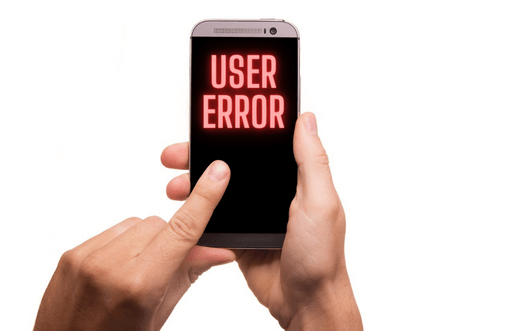 As texting becomes a more popular method of business communication, you hear complaints about the work text message offender. These people, on both sides of the phone, may have picked up some bad communication habits that lead to confusion and frustration.
As texting becomes a more popular method of business communication, you hear complaints about the work text message offender. These people, on both sides of the phone, may have picked up some bad communication habits that lead to confusion and frustration.
Recently, on LinkedIn, I conducted a poll on annoying business text message habits. Below were the choices and the results:
- One-word responses: 21%
- Excessive abbreviations:13%
- Ignoring Messages: 39%
- Vague Responses: 27%
While text messaging provides a fast way to communicate, most of us have never been trained in best practices. One day, we just started using it.
With the goal of improved communication, let’s go over some ways we can strengthen employee texting.
What’s the Policy?
Do employees understand your expectations for work text messaging and is that information captured as an easily shared policy?
It’s hard for people to follow a rule if they don’t know it. Don’t assume people will intuitively understand what you want.
Is Everything Urgent?
Decide whether every work text message deserves an immediate response. There is a productivity cost to this kind of accessibility. And if the message is sent after hours, then it can become a work-life balance issue.
Some leaders like to send text messages as soon as they think of them, even if they’re not important. In this scenario, you may want to create a coding system for your messages.
For instance, at the start of the message, the letter, “U” could be used for urgent and the letter, “L” could signify to deal with it later.
You should also consider whether every text message sent, represents an unwanted interruption that hurts concentration. This has nothing to do with the content of the message but the distraction it creates.
Define a Good Message
A work text message offender may be slow to reply because they don’t understand what you’re asking. Keep in mind that right now, there can be up to five generations in our workforce and some of them are more experienced with texting than others.
Are some texting about work related issues, in an informal way, like they would with their family and friends? This can lead to confusion.
As part of your policy, you need to address things like use of abbreviations, emojis, and what represents a clear message.
For some, the change may feel like a waste of time but your goal is to reduce confusion with the communication process.
Confusion usually costs you money.
Remember Retention
Could after hours text messages cause you to lose talented employees? Some people are okay with them and believe the lines are now blurred between work and home life.
Others will see your messages as undermining their work-life balance. They give you a certain number of hours a week and feel that outside of those hours, you should leave them alone. Unlike email, it’s hard to avoid seeing a text message.
Every text you sends may be moving them closer to leaving. And growing resentment may be the top reason why they’re not responding to some of your messages.
If after hours availability is part of the job, people need to know it.






